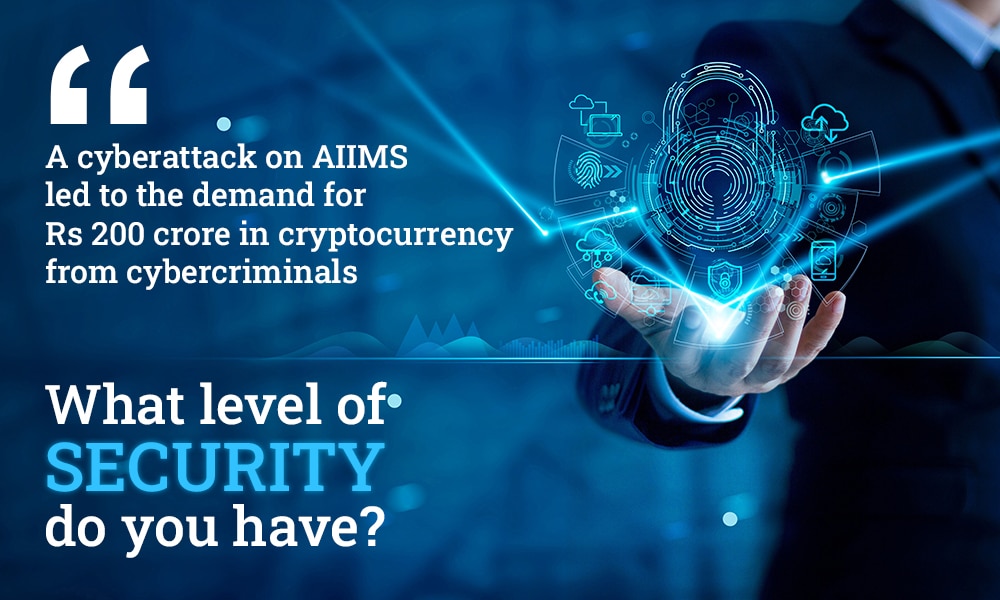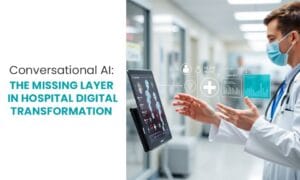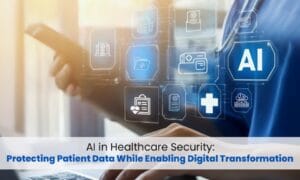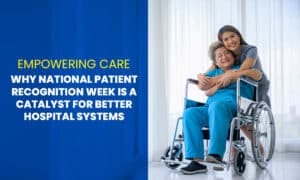
Medical Sciences (AIIMS) servers have been down for approximately six consecutive days as cybercriminals have been attempting to hack into its digital services and are suspected of compromising the data of scores of patients. As a result of the hack, cybercriminals are reportedly demanding Rs 200 crore in cryptocurrency.
During the downtime, basic services at AIIMS, such as patient admission, transfers, and laboratory work, have been handled manually. It was directed last week that hospital staff prepare important certificates manually too.
What could be the possible reasons behind AIIMS server hacking?
It is likely that a weak firewall, unsecured ports, outdated on-prem systems, IT infrastructure as well as lack of cloud-based servers, contributed to the ransomware attack. This type of cyberattack encrypts a victim’s data by deploying ransomware or malicious software onto the victim’s system. As a result, the attacker asks the victim for a “ransom” to restore access.
An attacker attempts to gain unauthorized access to an IT system for theft, extortion, disruption, or other nefarious purposes through a cyberattack in healthcare.
The purpose of firewalls, particularly in health care industry is primarily to protect the patient’s data and privacy. This drastically reduces the damage that these attacks can cause to the organization and the cyber risk experienced by it and its employees. Additionally, firewalls and other security implements can provide defence in depth against threats that cross the network boundary.
The majority of cyberattack in healthcare industry use pretty similar techniques to infiltrate IT systems, even though there are many different ways to do so. There are so many common ways of ransomware many firms can experience out of which few of them are as follows.
- Phishing emails
- Poor User Practices
- Lack of cybersecurity training
- Lack of the practicing periodic vulnerability assessment and penetration testing.
- Weak Passwords and Access Management
- Lack of cloud-based servers
Whereas, cloud security vulnerabilities can be prevented at an early stage with several preventive measures. A variety of cloud security options are available, from multi-factor authentication to more complex security controls to ensure compliance with regulatory requirements.
What can we do to prevent cyberattack in healthcare?
There are still so many ways by which one can secure their data which are discussed as follows.
Loss or Theft of intellectual property
Frequent backup is one of the most effective ways to prevent intellectual property theft and loss of patient’s data. Regularly back up your data and delineate what data should be backed up and what should not. Detecting and preventing the unauthorized movement of sensitive data can be achieved through data loss prevention (DLP) software.
You can also protect your data by encrypting it and diversifying your backups geographically. The importance of offline backups cannot be overstated, especially when it comes to ransomware.
Poor access Management
Developing a data governance framework for user accounts is crucial to combating poor access management in cloud services. User accounts should be associated directly with central directory services, such as the active directory, which provides, monitors, and revokes access privileges from a centralized location.
Prevent Compliance Violations and Regulatory Actions
For cloud compliance, the first and foremost step is to analyze the cloud service agreement and request cloud and data security policies.
It is imperative to note that cloud security responsibilities vary based on the type of cloud service, including infrastructure as a service (IaaS), platform as a service (PaaS), and software as a service (SaaS). Security and ownership responsibilities will be influenced both by your cloud provider and your organization.
Why is Ezovion Hospital Management Software Safe and Secure Against Cyberattack in Healthcare?
Ezovion Hospital Management Software places a high emphasis on data security and prevention. We understand the importance of data security, as well as backup maintenance. Identifying potential vulnerabilities in the cloud infrastructure and fixing them in a timely manner is part of our routine audits. We ensure monitoring logging and event mechanisms are in place in cloud environments to detect unusual activity or unauthorized changes. As part of our data management process, we strictly control access keys to avoid poor data handling or leakage.
We use the following security measures to manage your data safely:
- Deployed in HIPPA Compliance Azure Health Cloud
- Data Encrypted in-transit
- ISO 27001 Certified
- Vulnerability Assessment and Penetration Testing (VAPT)
You can trust us because the security and safety of our services make us the leading provider of hospital management software.
Want to know more about our scalable solutions? Check out the links below.
Ezovion Hospital Management Software
Cloud-Based Hospital Management Software
Ezovion Hospital Management Mobile Application
Sources: Aiims: AIIMS server down: Hackers demand Rs 200 crore in cryptocurrency – Times of India





